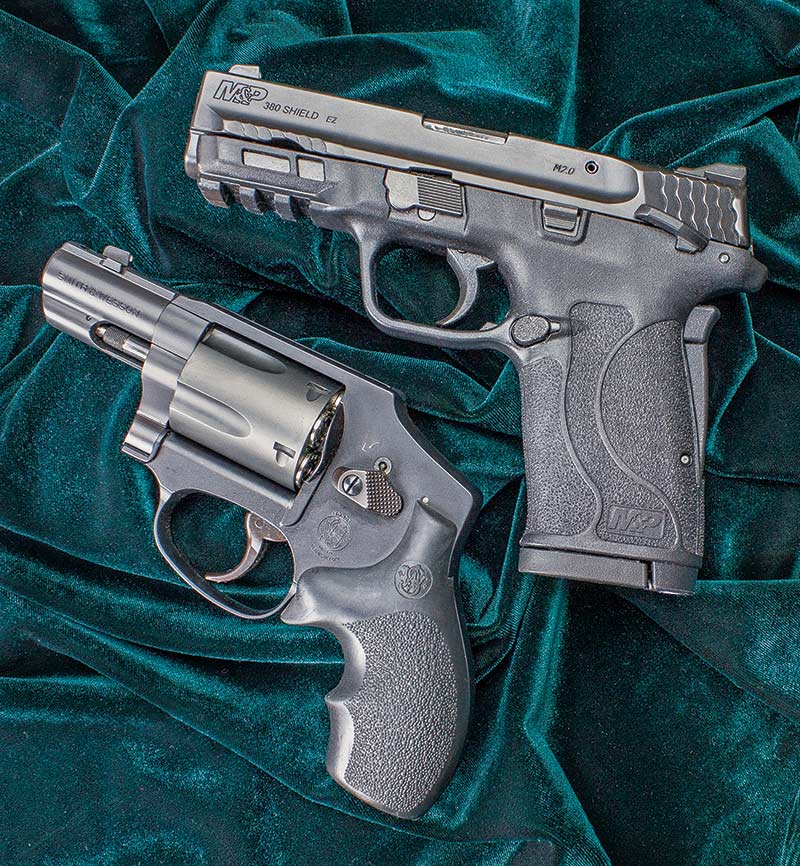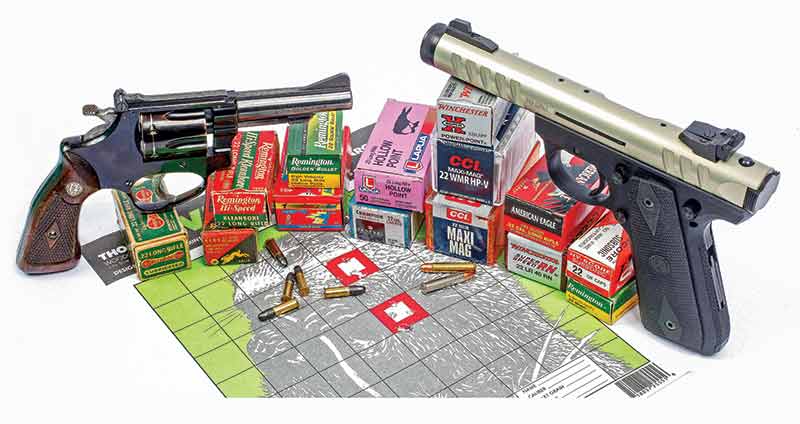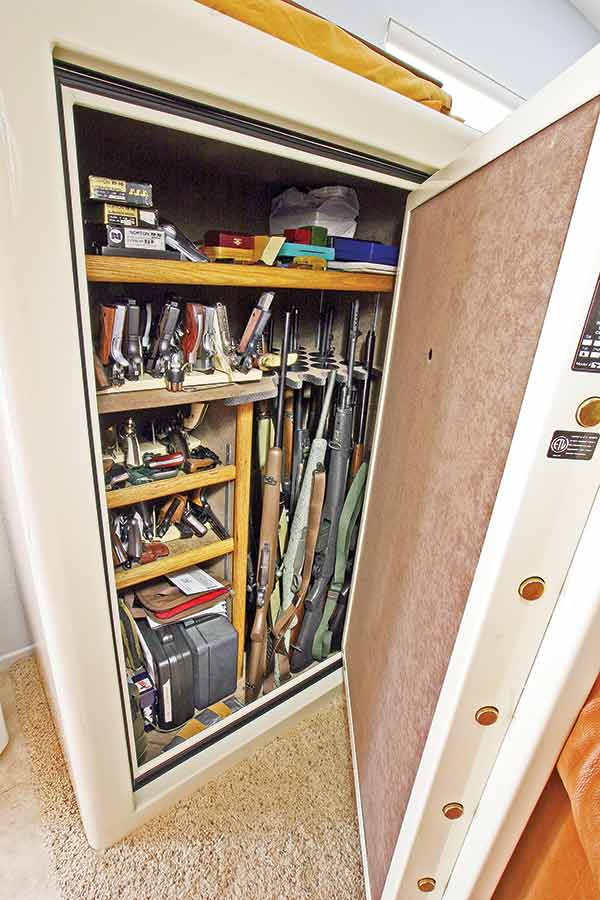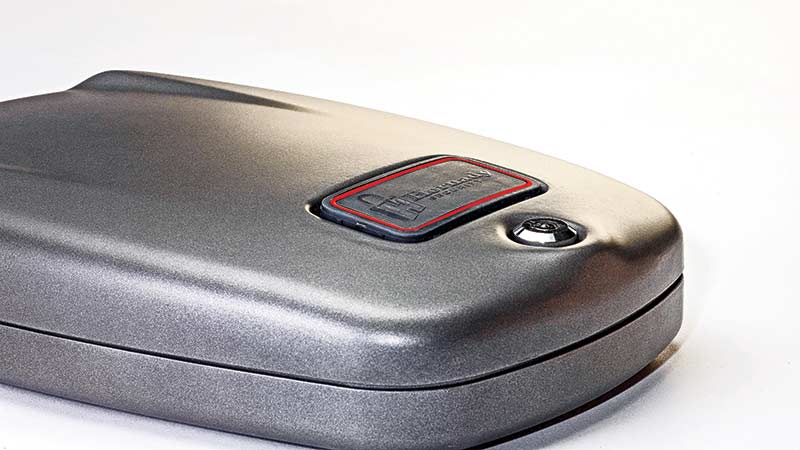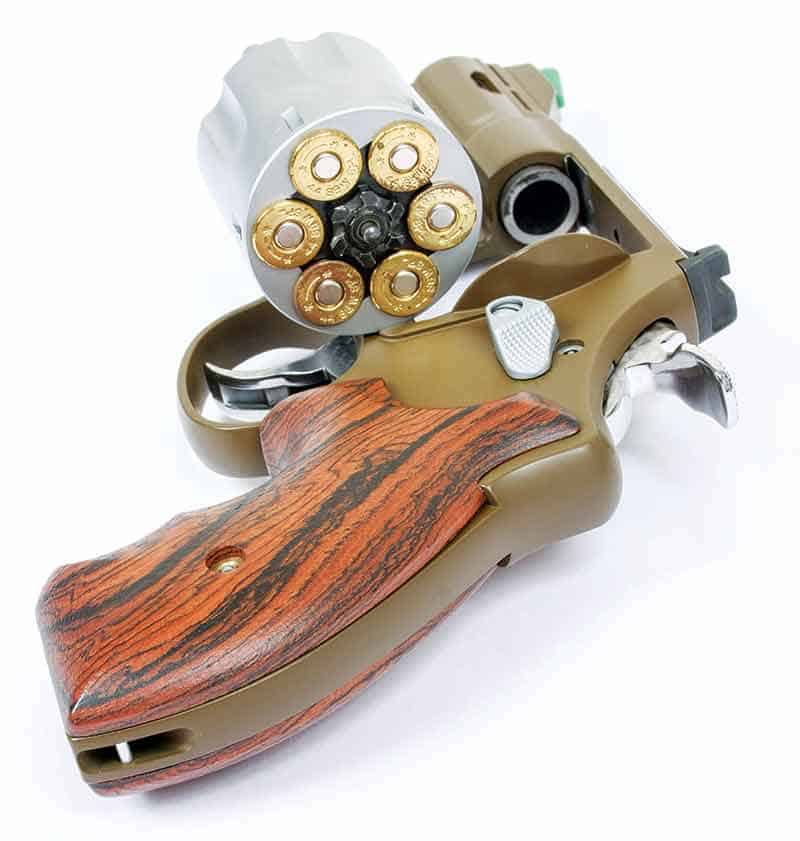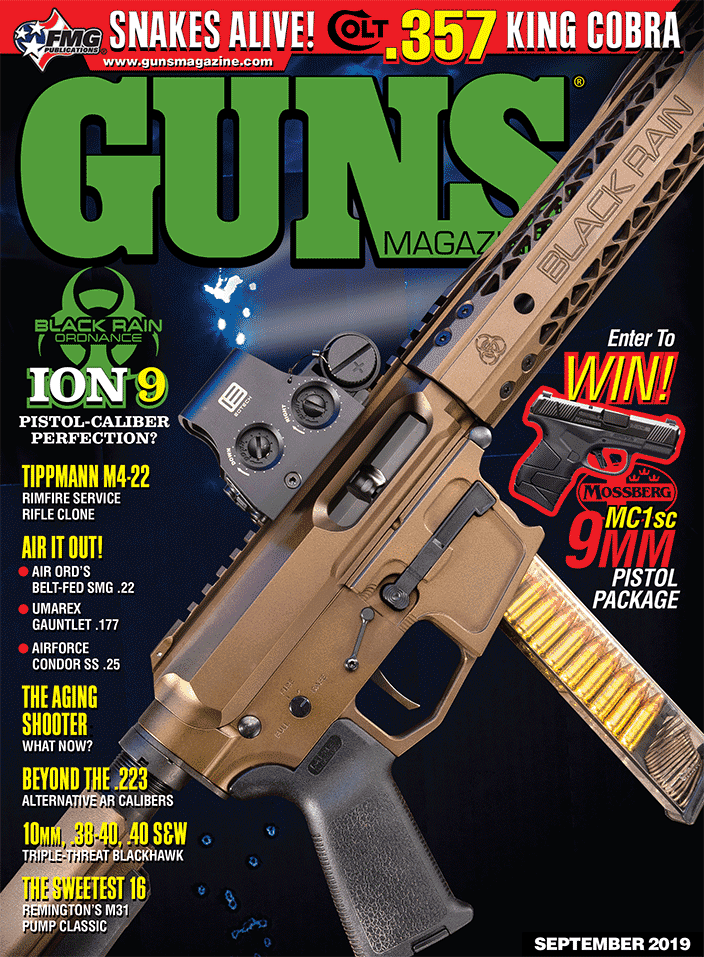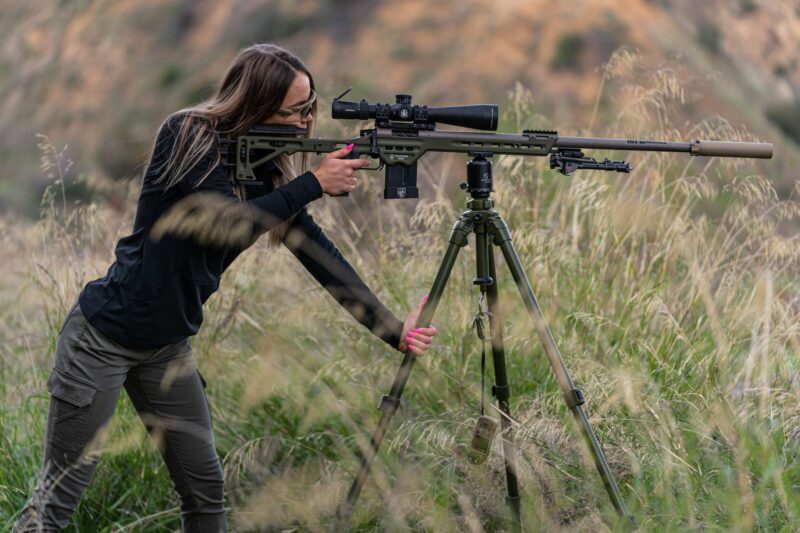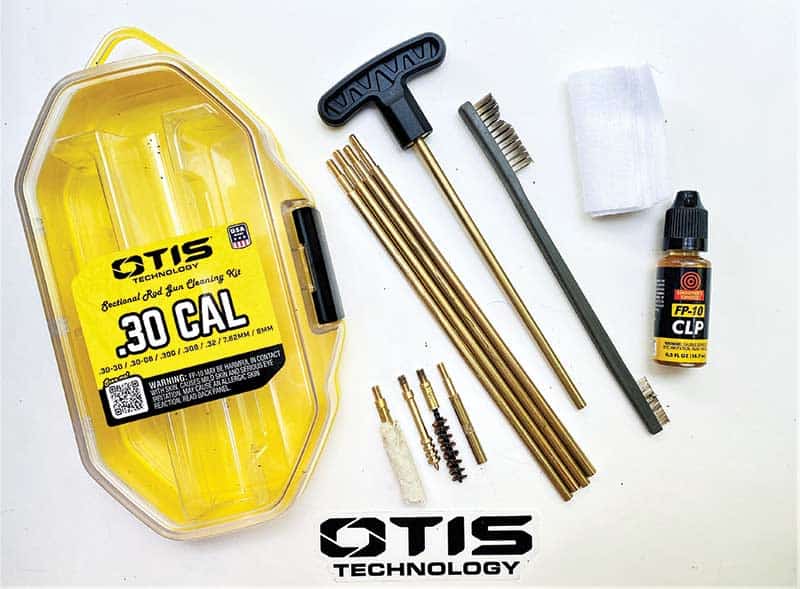Guns And Aging:
Some unpleasant — but crucial — things to consider
One of the most senior shootists I’ve known was John Hansbury, who had two careers including chief armorer of the U.S. Coast Guard. I got to know John when he started shooting SASS at nearly 90. When I asked why he’d gone cowboy he said, “Well, my silhouette friends are dead.”
John departed the range in 2001, age 97. He remains a prime example of what older shooters increasingly will face.
With advancing age there’s a natural degradation of shooting skills, often related to strength. Meanwhile, with baby boomers ranging beyond retirement age, more gun owners face the dilemma: what to do with our firearms?
The question extends beyond the immediate concern of how to dispose of some or all of our guns. It’s a relatively easy question to answer, at least where jurisdictions permit sales or heirloom transfers. In Free America, as here in Arizona Territory, sales between individuals are easily accomplished. Elsewhere, transfer via an FFL holder is an obvious choice.
Age And Victimhood
Older people are more vulnerable to strong-arm attacks and muggings. The feral stalkers prowling the urban jungle naturally prey on the weak and the unsuspecting, but the media have been critical of those who defend themselves against “unarmed” assailants. Meanwhile, FBI stats show annually about 600 people are killed by “unarmed” attackers. The subject peaked in the last several years with “the knockout game” wherein youthful predators compete in knocking out a victim with one blow.
The potential risk for mass killings certainly exists in senior care facilities. Large numbers of elderly, infirm or handicapped individuals are together without means of defending themselves. Chronologically it’s the opposite end of the school shooting scenario but the difference is many schools now have some sort of responder on-site or nearby. If any retirement or care facilities have more than a clipboard-armed attendant inside the front door, it’s not been revealed.
What should a senior do? The answer depends upon individual motivation, ranging from “Do what they want” to “Not now, not ever.” The problem with the former, of course, is what they may want is the victim unconscious on the pavement. However, seniors who employ lethal force to avert a potentially fatal or crippling blow probably have more leverage in court than younger defendants.
Retirement Homes And Care Facilities
There’s a sort of no-man’s-land in the twilight zone between extended late life and the impending end of life. Whether by necessity or choice, more elder shooters will move into retirement centers, assisted living facilities, or nursing homes. Many outlets provide progressive care for each level, ranging from occasional help to round-the-clock attention.
In the past few years a longtime friend, a senior pistol instructor, moved into a retirement facility. Do the math: Gunsite opened in 1976 when many of us were in our 30s. During the preliminary interview the facility’s staffer asked, “Do you own firearms?”
The pistolero, who now uses a walker, was faced with a dilemma. “Basically, you can say ‘yes’ or you can lie. That’s what the system requires today.”
However, the honest answer did not immediately disqualify the shooter and his wife from moving in. “Three of my former students are lawyers and I had each of them read the contract. They all agreed — there was nothing preventing me from having a gun in my apartment.”
Information is sparse, but it seems certain few retirement or care facilities specifically permit residents to keep guns “on campus.” However, the lack of specificity worked to the advantage of a former World War II aviator who moved into assisted living in his late 80s. He kept a Colt .380 in a combination box hidden in a locked cabinet. The Mustang was available on fairly short notice, and he could handle it safely despite arthritis. The management never knew of the gun, even after the flier died.
The Worst Part
Maybe the worst experience some of us will face is telling a loved one it’s time to put up the guns. Advancing dementia, reduced judgment and physical limits all play a part. Says one instructor, with heart-rending experience, “If anything, it’s worse than telling Dad or Grandma they can’t drive anymore. Those of us who grew up in ‘the gun culture’ identify with our guns as something more than wheels or convenience. Guns are a big part of our identity, and if we’ve been involved in competition or training, it’s even stronger.”
The problems attending firearms confiscation are too complex to address here but increasingly they involve government intervention. Sometimes related to elders are so-called Extreme Risk Protection Orders. As of 2019 eight states have enacted “red flag laws,” permitting seizure of firearms upon recommendation by family members or police. The procedure, still of uncertain constitutionality, is widely opposed on the basis of due process. While red flags reputedly decreased suicides in Indiana, they prompted an offset by other means in Connecticut.
However, if those close to the declining individual are proactive, the more unpleasant legal ramifications can be avoided or at least minimized.
An attorney friend — a shooting partner in fact — is also an estate planner. His work involves anticipation of clients’ demise as well as preparation for diminished capacity. There are various approaches to those sensitive subjects, including group discussions with the principal and family members. It’s especially helpful to hold such discussions and to draft documents while the client remains rational and lucid. He or she may disclaim a prior agreement after dementia takes hold, but at least there’s a basis for legitimate action.
Physical challenges
Advancing age equals physical decline. Aside from vision, decreasing physical abilities come in two flavors — strength and flexibility.
People who spent their lives shooting relatively heavy big-bore handguns discover they can no longer hold onto the pet 1911 or favorite wheelgun as before. Accuracy degrades, and so does safety. Many shooters readily acknowledge the fact and switch to smaller calibers. Single-stack 9mm 1911s are a growth market and I now know two fine shooters who carry .380s — and practice with them.
As for agility, a friend I’ll call “Mike” retired certain holsters because they forced him to lift the gun a little higher on the draw. He explained, “Since I tore my rotator cuff, it’s hard to lift the pistol high enough to clear leather. Lowering the top of the holster by an inch, and shortening the barrel by ¾” using a Commander may not seem like much, until you catch a half-inch of slide on the top of the holster a few times. I’ve flubbed enough draws to recognize the reality of my physical limitation.”
Then there’s Jim: “I have to move my holster to in front of my hip to draw. I just can’t lift my .45 high enough when my arm is that far back anymore. Makes it a bit harder to hide. Maybe I should do like Elmer Keith, and just wear it in the open all the time!”
Even for seniors no longer able to keep firearms at hand, options remain. Friends or relatives can — and do — provide outings to the range or farther afield during hunting season. My brother once set up Dad at a bench in a hay barn overlooking a pasture infested with ground squirrels. Even though no varmints appeared, it was a pleasant experience away from the care center, sharing quality time with a match-grade AR-15.
Lessons learned? Be proactive and take action to keep shooting fun now, while anticipating changes as you age to help make it easier on your extended family.

Get More Revolver Content Every Week!
Sign up for the Wheelgun Wednesday newsletter here:
